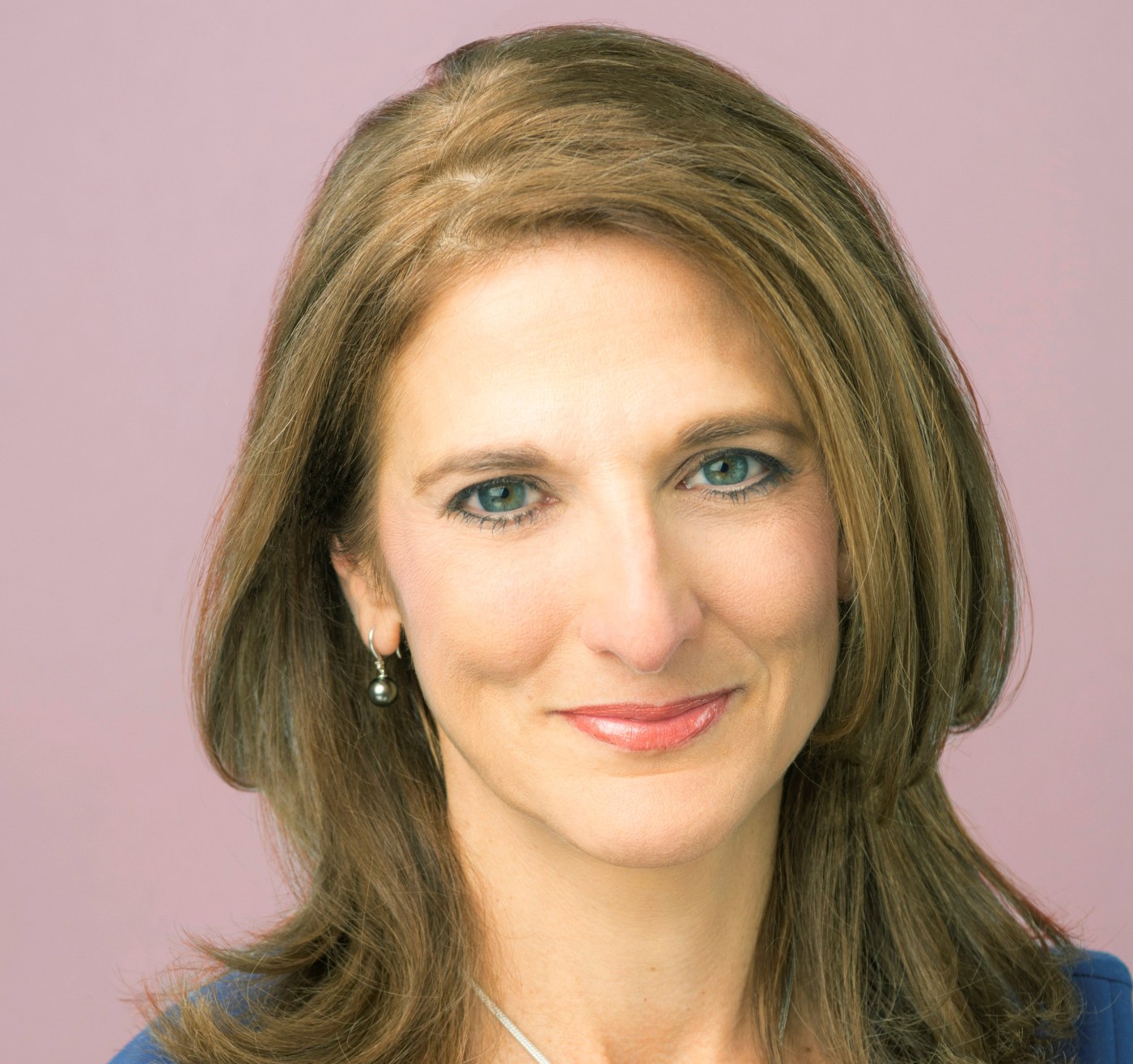
I have a friend who has been a financial advisor for more than three decades. Among his favorite conversations with clients is the one when he can tell them that they are “one bad meeting away…”
Related Articles
The GOP Megabill: What taxpayers should know
Most teens — and girls especially — see college as key to jobs and life skills, poll says
Jill On Money: Trump’s mega bill winners and losers
Ghost factories are a warning sign for green manufacturing’s future
Who will — and won’t — benefit from the bigger SALT deduction
In other words, they have created a plan that provides them with the financial independence they need. As a result, they have the ability to give their notice and hang ‘em up, whenever they would like to do so — perhaps after one last annoying or bad meeting.
As I consistently learn from my podcast listeners, financial independence is a personal goal, one that allows you to make life choices without money being the primary deciding factor.
For many, this idea might seem remote – even impossible. For others, it may be possible, but they are unable to enjoy the milestone once they reach it.
Here are some ways to help you build the foundation necessary to make financial independence a reality:
What’s your number?
Let me state with certainty: There is no single rule of thumb that will create your “magic” number. There’s no need to rely on rules like “25 times your annual expenses” when there are so many calculators available that can create more customized solutions.
The hardest part of the process is the simplest: You need to calculate how much money you spend on a monthly basis. Don’t forget to add in any expenses related to ongoing obligations you have toward others, like aging parents, adult kids or helping out with grandchildren.
The monthly need will be reduced by any income you anticipate receiving in retirement, including pensions, Social Security, passive income from rental property or a trust, and the income generated from your nest egg (savings, investments, retirement accounts). With this information in hand, you are ready to approach your retirement calculations.
Now what?
Once you have the raw numbers, you might find that you are going to have to save more money today. Or, you may have to work longer, though not necessarily doing the same thing.
Many folks in their 40s find that they can transition to a different career or job in their 50s and 60s, one that will allow them to reach their ultimate goals, with a little less stress. I call this an “off-ramp,” a way to slow down, without screeching to a dead halt. But you can only find that off-ramp if you put in some of the work upfront. For most, there are trade-offs involved in the process, but the payoff is immense: the security of knowing you have options.
Do I need to be Warren Buffett to get there?
The journey to reaching your goal is not built on becoming an investment whiz. It’s built on the boring, consistent habit of investing a portion of your income in low-cost, diversified index or exchange-traded funds.
The general rule is to save some portion of your income (here, one rule of thumb can be helpful: Shoot for 20 percent or more if you’re starting later or want to reach the goal faster). That’s aggressive enough to make progress, but sustainable enough that you won’t burn out.
One note about being a long-term investor: Sometimes you will have to endure some awful, stomach-churning losing periods of time. Unfortunately, the longer you invest, the higher the odds that you will have to experience seeing your account drop in value and living through a correction (a 10% drop), a bear market (a 20% plunge), and maybe even a crash.
To endure these likely events, remind yourself that you have a plan and that time is your greatest ally.
Related Articles
Alaska Airlines resumes operations after tech outage grounds all flights
DA investigators search California company accused of overexposing employees to toxic gas
New 50-acre parks project underway at Bishop Ranch in San Ramon
How to clean your computer, earbuds and smartphone
Former California mayor charged in illegal pot cultivation case tied to Chinese company
Jill Schlesinger, CFP, is a CBS News business analyst. A former options trader and CIO of an investment advisory firm, she welcomes comments and questions at [email protected]. Check her website at www.jillonmoney.com.